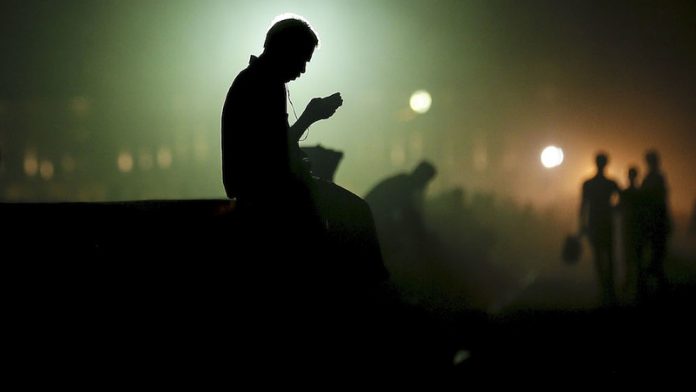One of the more distasteful surprise results of the Covid-19 pandemic for me was that some of my acquaintances became Trump supporters and conspiracy theorists. I was earnestly told that “this is not the time to be all lovey-dovey” when it’s never been a more apt time to be so, after the disaster of lockdown on our already battered economy. “Trump needs my support — everyone is knocking him on social media,” another opined, without questioning why this knocking is occurring in my and his social circles, and across any media with any shred of integrity left.
Then there’s the folk who honestly believe that the whole virus thing is a scam, cooked up by nefarious Illuminati-type groups that want to rob us all of our civil liberties. In certain countries they would have probably joined the anti-masker cause. Clearly they had not had family or friends die from Covid-19. Some unfollowing soon followed on my part (I haven’t unfriended them yet, in case they come to their senses). I agree that the lockdown here was a hugely fluffed overreaction on our government’s part, but that the virus itself never existed?
It’s not just a couple of my mates: the confusion is widespread, possibly global. Much of this bewilderment is due to platforms such as Facebook, according to the documentary The Social Dilemma. In it, top players in the ad and tech industries explain that our social media is watching us constantly, gently nudging us toward what it has gleaned about us, flooding our feed with ads and info we respond to. We end up watching and listening to what we already know; the end result is that we go up our own self-confirming asses, never checking out the other side of any event, argument or opinion.
This leads to dangerous polarisation and, even worse, mistrust — perfect for those who benefit from spreading chaos and who thieve from the public purse. In the days of apartheid, the regime’s strategy was to hide information: these days, with the internet making hiding untenable, spreading fake news and discrediting real news works far better. We don’t know who the liars are anymore, and, worst of all, it’s the best, most practiced liars who grab our emotions and attention. Democracy works best with informed, rational people. Covid-19 has not been good for democracy.
And we still have no idea what this virus actually is. We started off knowing nothing about it except that it was highly contagious and could kill millions. Then we found out it sometimes maimed those it didn’t suffocate to death, and grew even more fearful. Then … it seemed to pass most of us by here in Africa, and we emerged into the sunlight again — some wearing masks, some wearing them on their chins, some not at all, wondering what the whole lockdown ordeal had been about. Now we’re partying together enthusiastically, after months of social deprivation, caution thrown to the wind.
Scientists keep coming up with new facts about the virus. It’s impossible to stay abreast of all the information. One recent study states that those early humans who interbred with Neanderthals are three times more likely to have severe respiratory symptoms than those who didn’t. Africans didn’t. This may be why so few Africans died from the virus, but the global economic slump of lockdown and consequent unemployment and malnutrition will likely kill millions on this continent in the years to come. The rich are far less unaffected, and in this country, that’s understandably contributing to our old nemesis — racial tension.
Many are rethinking their lives: what’s actually important? There’s much camaraderie and generosity happening as we emerge from this apparent collective near-death experience. We’re gonna need lots of it in the twenty-twenties, as we face our next great foe: climate change.



